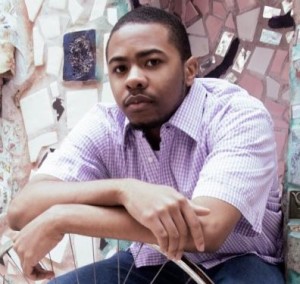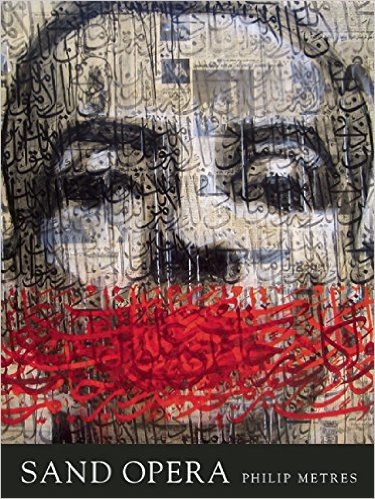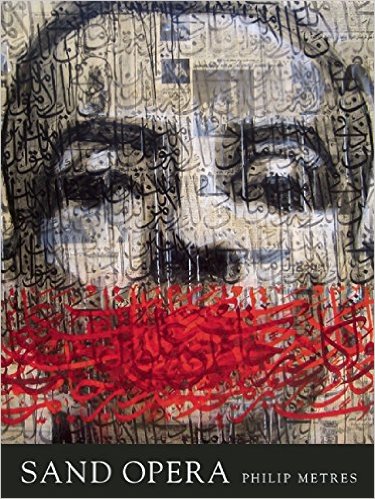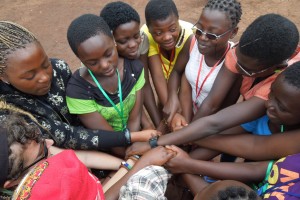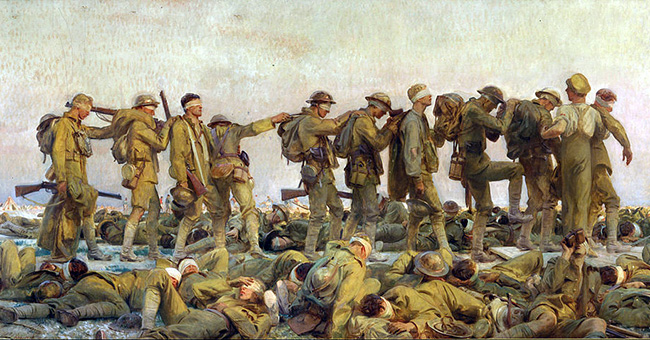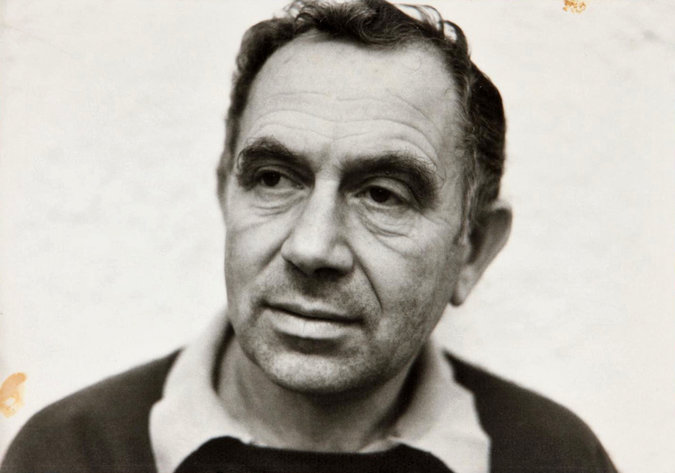
New York Times review of ‘The Poetry of Yehuda Amichai,’ Edited by Robert Alter
Yehuda Amichai was born in Würzburg, Germany, to an Orthodox Jewish family, and was raised speaking both Hebrew and German,his German name was Ludwig Pfeuffer.[3]
Amichai immigrated with his family at the age of 11 to Petah Tikva in Mandate Palestine in 1935, moving to Jerusalem in 1936.[4] He attended Ma’aleh, a religious high school in Jerusalem. He was a member of the Palmach, the strike force of the Haganah, the defense force of the Jewish community in Mandate Palestine. As a young man he volunteered and fought in World War II as a member of the British Army, and in the Negev on the southern front in the Israeli War of Independence.
The Stick Soldiers sets the precedent for all future accounts of war in poetic form. Groundbreaking in its honesty, necessary ugliness, and compellingly executed intertwining of imagery, emotion, and story, this is a stunning first book.

